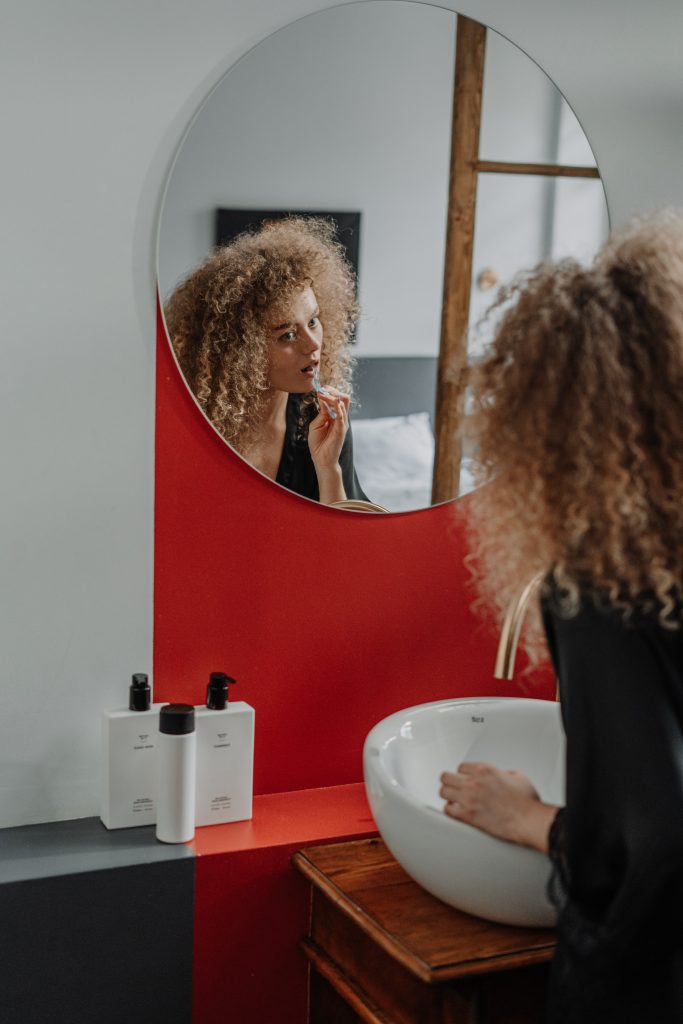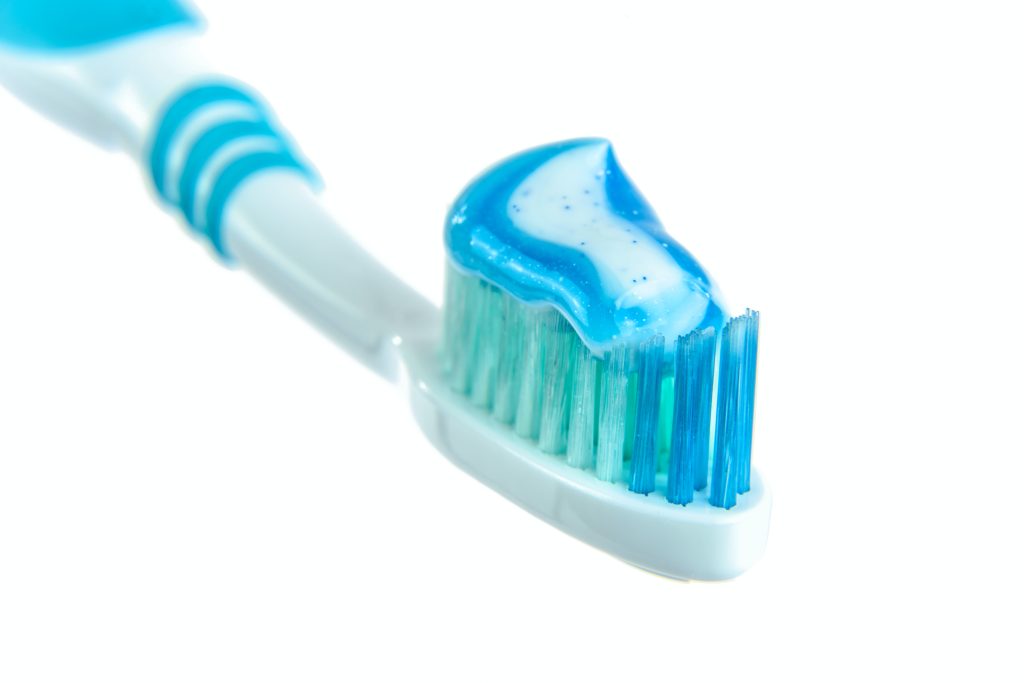According to the renowned independent pro-consumer magazine “Ökotest”

ÖKO-TEST – isn’t that the label that everyone knows? The one you see on food and cosmetics in supermarkets and drugstores? Yes. But ÖKO-TEST is so much more than that.

They have tested more than 100,000 products and services since 1985. And you can rely on them to do this objectively, neutrally and expertly.
They shop anonymously in the market, commission the best laboratories and evaluate according to strict standards ranging from “very good” to “unsatisfactory”. Countless time they have prevailed in court that they can also publish our test results.
The brands are not always happy with the results!!
They don’t care for industry, politics or advertisers. They are independent and incorruptible. Obligated only to readers of Öko-Test and consumers.
They look into if the products are ecologically sound and produced in a socially responsible and sustainable manner. The two basic principles to which they are committed are: Environmental protection and preventive consumer protection.
ÖKO-TEST is loud well-known in Germany. The heart of their work: the ÖKO-TEST magazine and their homepage: www.oekotest.de.
They test and analyse everything from:
- all-purpose cleaners,
- baby carriers and
- creams to
- barbecue sausage,
- tomato sauces,
- non-woven wallpaper,
- mascara and
You get the idea —- whatever product, you can find probably a verdict from Öko-Test!!
Today, let’s talk about the quality of some toothpastes.
First the winners: (Die Testsieger)
The list of products rated “very good” is much shorter. Interestingly, no so-called brand-name product is among the test winners. Here are the cheapest products, all of which can be had for 0.39 euros:
- “Eurodont Zahncreme Coolfresh” (Aldi North and South),
- “Bevola Zahncreme Kräuter” (Kaufland),
- “Diadent Zahngel Fluor Fresh” (Lidl),
- “Dontodent Kräuter Zahncreme” (DM)
- “Elkos Denta Max Fluor Fesh Zahngel” (Edeka).
The test losers (Die Testverlierer)
These well-known brands, among others, were rated “unsatisfactory”:
- “Ajona Stomaticum Medizinisches Zahncremekonzentrat”,
- “Aronal Zahnfleischschutz”, “Dr. Hauschka MedMinze Zahncreme Forte”,
- “Blend- A- Med Complete Protect Experttiefreinigung”,
- “Blend- A- Med All-round Rundumschutz Classic”,
- “Odol-med3 Original”, “Lacalut Aktiv Medizinische Zahncreme” and
- “Colgate Total Original”.

The reasons why so many brands didn’t pass the Ök-Test criteria:
- Among other things, the losers were criticized for containing sodium lauryl sulfate for foaming – an aggressive surfactant that can irritate sensitive mucous membranes.
- In addition, PEG/PEG derivatives were often found here. These also serve as washing-active substances and ensure a nice lather.
- Apart from that, solid caries protection falls mainly with one ingredient: fluoride. It improves the remineralization of teeth after bacteria attack them with acid. The acid is produced when bacteria break down food; it dissolves minerals from the enamel. Fluoride also inhibits bacterial growth. In 7 toothpastes, fluoride was missing, which is important for teeth health
- Many toothpastes also contain the dye titanium dioxide, which has been classified as unsafe by the European Food Safety Authority (EFSA). The white dye has long been the subject of criticism because current studies cannot rule out the possibility that it could damage genetic material. It has therefore been banned in food since August 2022 – but not in cosmetics so far. The white pigment is still contained in 21 of the 48 pastes tested. However, many manufacturers reported to Öko-Test that they had already changed their formulations or would do so in the near future.
What you think of Öko-Test? Tell me in comments below and subscribe to stay in touch for my latest reviews.




